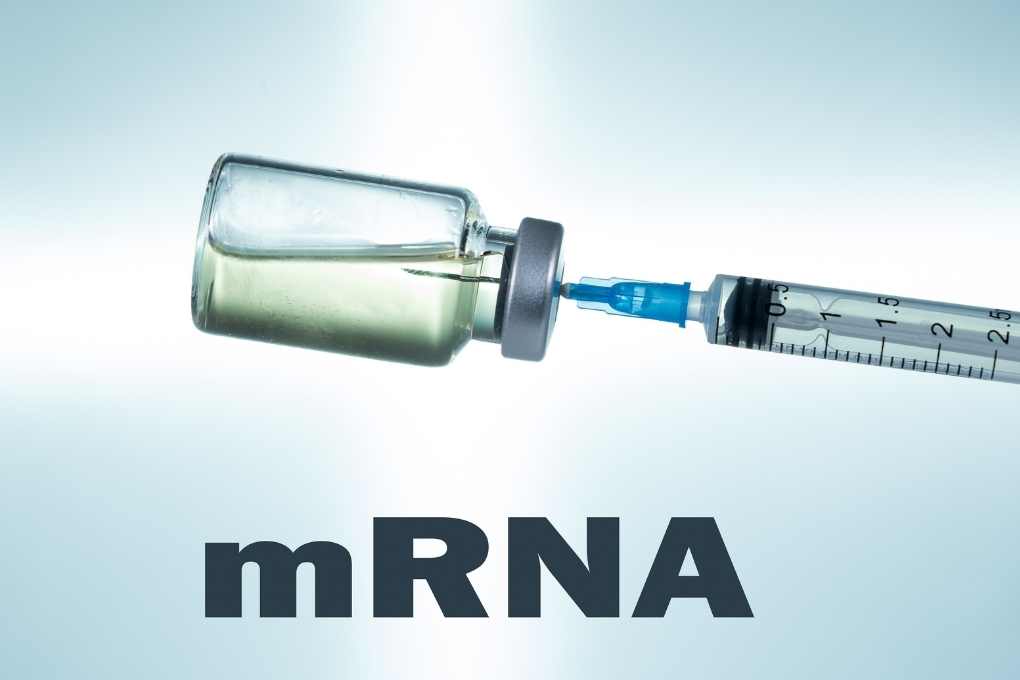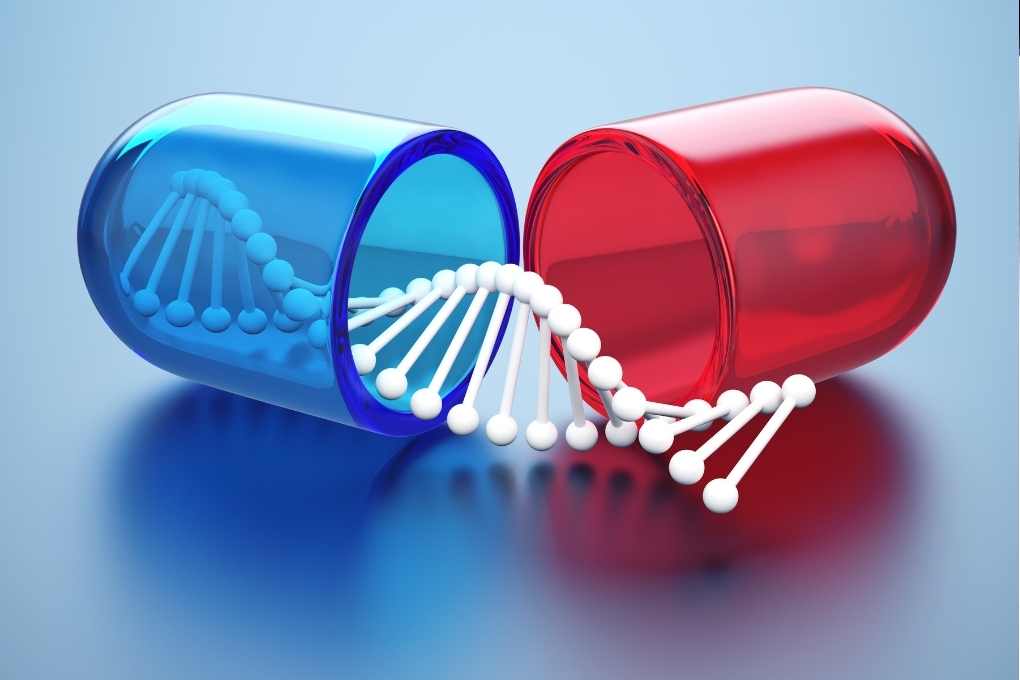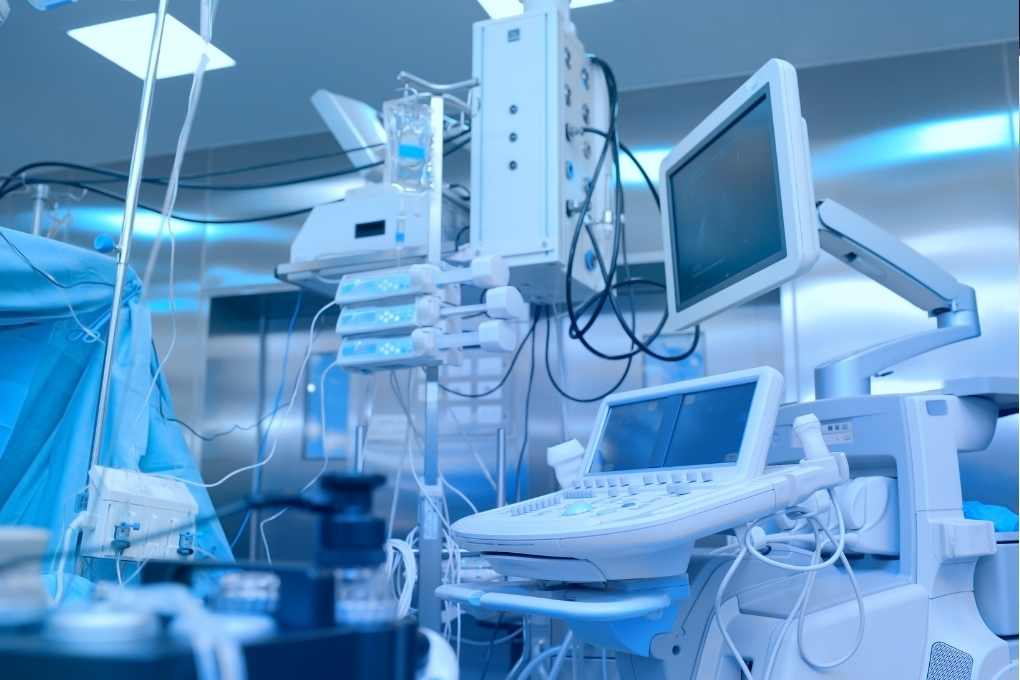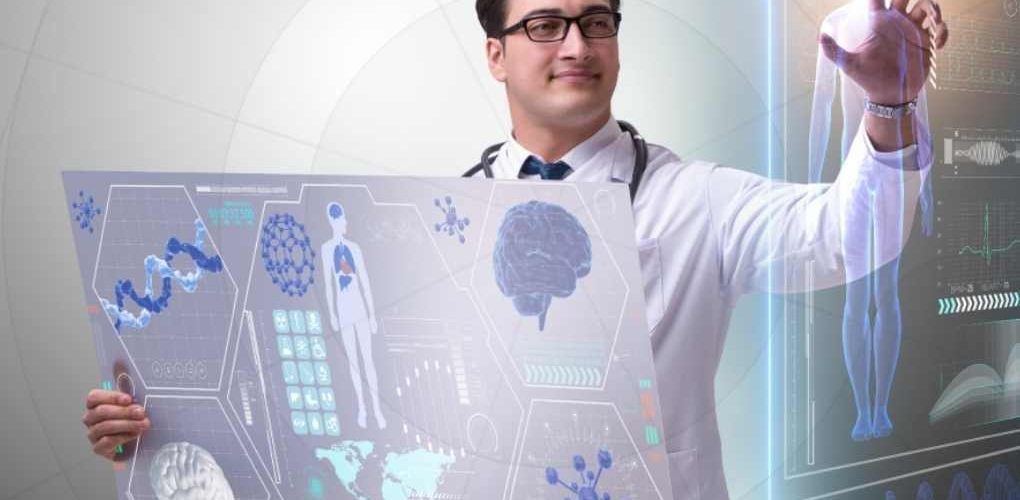Medical science has made remarkable strides in recent years, leading to breakthroughs that are saving lives and improving health outcomes daily. Here are ten of the most significant advancements in medical science that are currently making a meaningful impact.
1. mRNA Vaccines
The advent of mRNA vaccines, particularly during the COVID-19 pandemic, represents a groundbreaking shift in vaccine technology. These vaccines utilize messenger RNA to instruct cells to produce a protein that elicits an immune response. This innovative approach has proven effective for COVID-19 and shows promise for other diseases, including influenza and even certain cancers. The success of mRNA vaccines has transformed our approach to vaccine development, enabling faster responses to emerging infectious diseases.

2. Gene Editing with CRISPR
CRISPR technology has revolutionized genetic engineering by allowing precise edits to genes, potentially leading to cures for various genetic disorders. For example, CRISPR has been used to correct the gene responsible for sickle cell disease. This breakthrough offers hope for patients suffering from a range of genetic conditions and could pave the way for more accessible gene therapies in the future.
3. Immunotherapy for Cancer
Immunotherapy enhances the body’s natural defenses to combat cancer. Unlike traditional treatments, such as chemotherapy, which can damage healthy cells, immunotherapy stimulates the immune system. One successful method is CAR-T cell therapy, which modifies a patient’s T cells to target cancer cells more effectively. This treatment has shown promising results, especially for certain blood cancers, and is being explored for broader applications in oncology.

4. Artificial Intelligence in Diagnostics
Artificial intelligence (AI) is reshaping diagnostic processes in medicine. AI algorithms can analyze medical images—such as X-rays and MRIs—more quickly and often accurately than human radiologists. For example, AI tools have significantly improved breast cancer detection rates by identifying tumors that may be overlooked. This technology not only accelerates diagnosis but also enhances patient outcomes by facilitating earlier treatment.
5. Regenerative Medicine
Regenerative medicine focuses on repairing or replacing damaged tissues and organs. Techniques like stem cell therapy have shown promise in treating conditions such as spinal cord injuries and heart disease. Ongoing research aims to harness stem cells for tissue regeneration, potentially leading to groundbreaking treatments that restore function instead of merely managing symptoms.

6. Advances in Telemedicine
The rise of telemedicine, especially during the COVID-19 pandemic, has transformed how patients access healthcare. Remote consultations via video calls or mobile apps have increased healthcare accessibility, particularly for those in rural areas or with mobility challenges. Telemedicine has proven effective for routine check-ups and managing chronic conditions, making healthcare more convenient and widely available.

7. Personalized Medicine
Personalized medicine tailors treatments to individual patients based on their unique genetic makeup and lifestyle factors. This approach ensures that patients receive therapies most likely to be effective for them. For instance, cancer treatments can now be designed to target specific genetic mutations in a patient’s tumor, resulting in better outcomes and fewer side effects.
8. New Treatments for Alzheimer’s Disease
Alzheimer’s disease has long posed challenges in treatment, but recent breakthroughs have led to new medications that can slow cognitive decline in early-stage patients. One such drug, Leqembi, targets amyloid plaques in the brain, which are associated with the progression of Alzheimer’s. Early intervention with these treatments can significantly improve the quality of life for both patients and their families.
9. Advanced Surgical Techniques
Minimally invasive surgical techniques have seen significant advancements, allowing for operations through small incisions. Procedures such as laparoscopic surgery reduce recovery times and minimize discomfort. Additionally, robotic-assisted surgeries are becoming more prevalent, providing surgeons with enhanced precision and control during complex operations.

10. Breakthroughs in Mental Health Treatment
Increased awareness of mental health has led to innovative treatments for conditions like depression and anxiety. New therapies, such as ketamine infusions and transcranial magnetic stimulation (TMS), offer hope for patients who do not respond well to conventional medications. These methods can provide rapid relief from symptoms and improve overall mental health outcomes.
Conclusion
The breakthroughs highlighted above represent just a glimpse of the ongoing progress in medical science. From mRNA vaccines and CRISPR gene editing to telemedicine and personalized medicine, these innovations are not only saving lives but also enhancing health worldwide. As research advances and technology evolves, we can anticipate even more exciting developments that will deepen our understanding of health and disease and provide better care for patients everywhere.
Exploring “The Connection Between Mindset and the Multiverse” reveals how our thoughts shape reality. Positive thinking and manifestation can influence outcomes, suggesting that mindset is crucial in navigating multiple realities.






